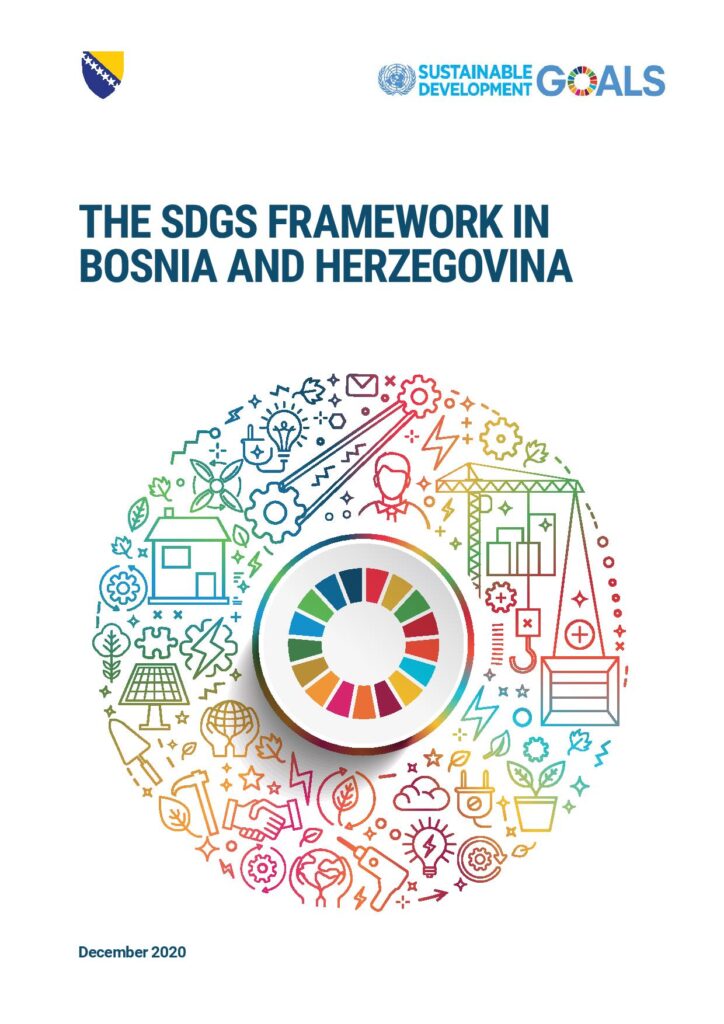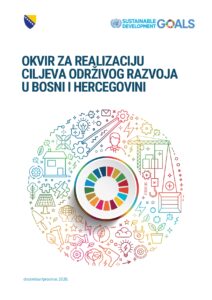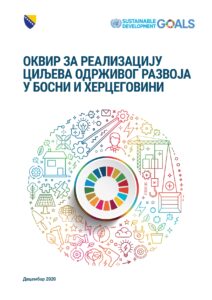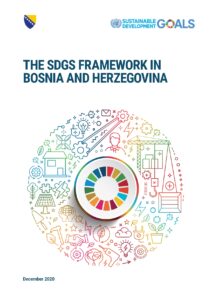[userpro template=login login_redirect=http://zamisli2030.ba/]
[userpro template=register register_redirect=http://zamisli2030.ba/]

In September 2015 Bosnia and Herzegovina, together with 192 United Nations Member States, committed to implement Agenda 2030 for Sustainable Development (Agenda 2030), which consists of 17 Sustainable Development Goals and 169 targets. The Agenda 2030 Document emphasizes the following:
„The 2030 Agenda is a plan of action for people, the planet and prosperity. It also seeks to strengthen universal peace in larger freedom. All countries and all stakeholders acting in collaborative partnership will implement this plan. We are resolved to free human race from tyranny, poverty and destitution, and want to heal and secure our planet.”
The sustainable development goals are the blueprint to achieve a better and more sustainable future for the whole world. They address the global challenges faced by the whole world, including poverty, inequality, climate change, environmental degradation, prosperity, peace and justice. Agenda 2030 and the Sustainable Development Goals are based on three crucial principles:
Bosnia and Herzegovina has recognized the importance and potential for implementation of the Sustainable Development Goals and Agenda 2030 as an opportunity to significantly improve social, economic and environmental aspects of life within the country and to enhance the regional cooperation.
Sustainable development is in the core of the policies of the European Union and its member states, and accession of Bosnia and Herzegovina to the European Union is an overarching priority for BiH. The Stabilization and Association Agreement (SAA), which came into force in 2015, defines Bosnia and Herzegovina as a “potential candidate” for accession to the European Union. Bosnia and Herzegovina formally submitted its application for membership of the European Union in February 2016. The European Commission’s opinion as of May 2019 on BiH’s candidate status says: “the negotiations for accession to the European Union should be opened with Bosnia and Herzegovina once the country has achieved the necessary degree of compliance of the membership criteria and in particular the Copenhagen political criteria requiring the stability of institutions guaranteeing the notable democracy and the rule of law“. The emphasis of the European Union on ensuring “the European perspective” for BiH is additionally demonstrated with liberalization of the visa regime for BiH in 2014, as well as by publishing the Western Balkan Strategy in February 2018, and with continuation of the operations of the EUFOR Mission/Althea and EUSR Office.
The first step for implementation of Agenda 2030 in Bosnia and Herzegovina is to develop the SDGs Framework in Bosnia and Herzegovina, as a joint document of governments at all levels which defines broader development directions, through which the governments at all levels and the society in Bosnia and Herzegovina strive to contribute to accomplishment of the SDGs. Based on the situation analysis with regard to sustainable development in Bosnia and Herzegovina, that is, the key development trends, opportunities and obstacles, particularly within the context of Bosnia and Herzegovina’s accession to the European Union and extensive consultations held with representatives from institutions at all levels of government and socio-economic stakeholders from 2018-2019, three pathways of sustainable development in Bosnia and Herzegovina were determined:: 1) Good Governance and Public Sector Management; 2) Smart Growth; 3) Society of Equal Opportunities, and two horizontal themes 1) Human Capital for the Future and 2) the “Leave no one behind” Principle.
Within each of the mentioned development pathways the accelerators and drivers are defined which have to lead to the desired changes by 2030. In addition, in compliance with Agenda 2030 and commitments taken by Bosnia and Herzegovina, the SDG Framework in Bosnia and Herzegovina also determines the concrete targets and indicators to measure the progress.
Therefore, this document is a broader framework to achieve Agenda 2030 and the SDGs and as such it will serve for steering the current and upcoming processes of strategic planning in Bosnia and Herzegovina, the Republika Srpska, the Federation of Bosnia and Herzegovina and the Brčko District of Bosnia and Herzegovina. The governments at all levels in BiH will define their priorities, measures and activities in compliance with the constitutional competencies and will provide their contribution for achieving Agenda 2030. The mentioned development pathways have to contribute to creating of a better society and future, where no one will be left behind, where people, prosperity, peace, partnership and care for the Planet Earth are at the core of a better and common future.
You can download the SDG Framework for BiH by clicking on the version of the document below:
 |
 |
 |
|---|